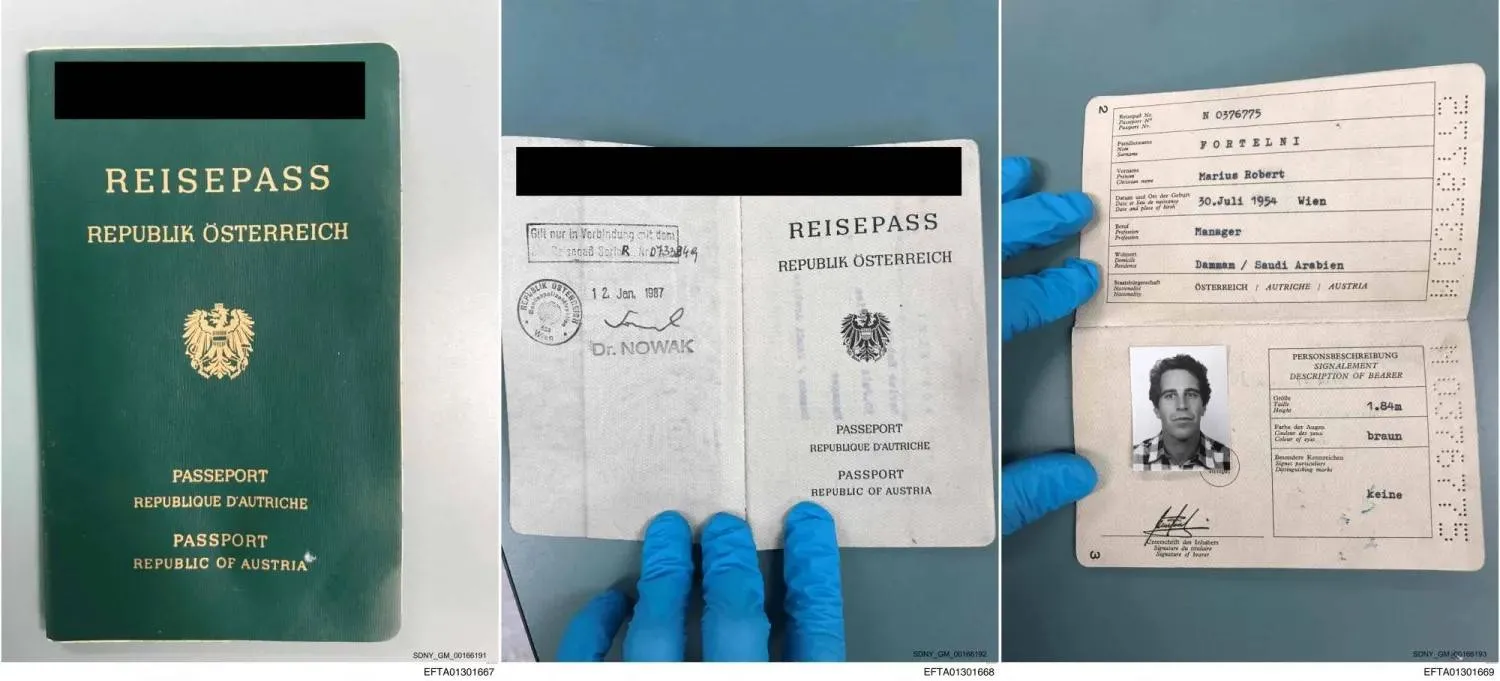More than 3,500 people were detained at protests across Russia on Sunday against President Vladimir Putin's invasion of Ukraine, according to data provided by the interior ministry.
Thousands of protesters chanted "No to war!" and "Shame on you!", according to videos posted on social media by opposition activists and bloggers.
Dozens of protesters in the Urals city of Yekaterinburg were shown being detained. One protester there was shown being beaten on the ground by police in riot gear. A mural in the city showing President Vladimir Putin was defaced.
Reuters was unable to independently verify the footage and photographs on social media. Russia's interior ministry said 1,700 people had been detained in Moscow, 750 in St. Petersburg and 1,061 in other cities.
The interior ministry said 5,200 people had taken part in the protests. The OVD-Info protest monitoring group said it had documented the detention of at least 2,578 people in 49 different cities.
"The screws are being fully tightened - essentially we are witnessing military censorship," Maria Kuznetsova, OVD-Info's spokeswoman, said by telephone from Tbilisi.
"We are seeing rather big protests today, even in Siberian cities where we only rarely saw such numbers of arrests."
The last Russian protests with a similar number of arrests were in January 2021, when thousands demanded the release of opposition leader Alexei Navalny after he was arrested on returning from Germany where he had been recovering from a nerve agent poisoning.
Some Russian state-controlled media carried short reports about Sunday's protests but they did not feature high in news bulletins.
Russia's RIA news agency said the Manezhnaya Square in Moscow, adjoining the Kremlin, had been "liberated" by police, who had arrested some participants of an unsanctioned protest against the military operation in Ukraine.
Church support
RIA also showed footage of what appeared to be supporters of the Kremlin driving along the embankment in Moscow with Russian flags and displaying the "Z" and "V" markings used by Russian forces on tanks operating in Ukraine.
Patriarch Kirill, head of the Russian Orthodox Church, said Russian values were being tested by the West, which offered only excessive consumption and the illusion of freedom.
Putin, Russia's paramount leader since 1999, calls the invasion, launched on Feb. 24, a "special military operation". He says it is aimed at defending Ukraine's Russian-speaking communities against persecution and preventing the United States from using Ukraine to threaten Russia.
The West has called his arguments a baseless pretext for war and imposed sanctions that aim to cripple the Russian economy. The United States, Britain and some other NATO members have supplied arms to Ukraine.
Navalny had called for protests on Sunday across Russia and the rest of the world against the invasion.
About 2,000 people attended an anti-war protest in Kazakhstan's biggest city Almaty, according to videos posted on social media. Reuters was unable to independently verify the posts.
The crowd shouted slogans such as "No to war!" and obscenities directed at Putin while waving Ukrainian flags.
Blue and yellow balloons were placed in the hand of a statue of Lenin towering over the small square where the rally took place.
The Russian state polling agency VTsIOM said Putin's approval rating had risen 6 percentage points to 70% in the week to Feb. 27. FOM, which provides research for the Kremlin, said his rating had risen 7 percentage points to 71% in the same period.









